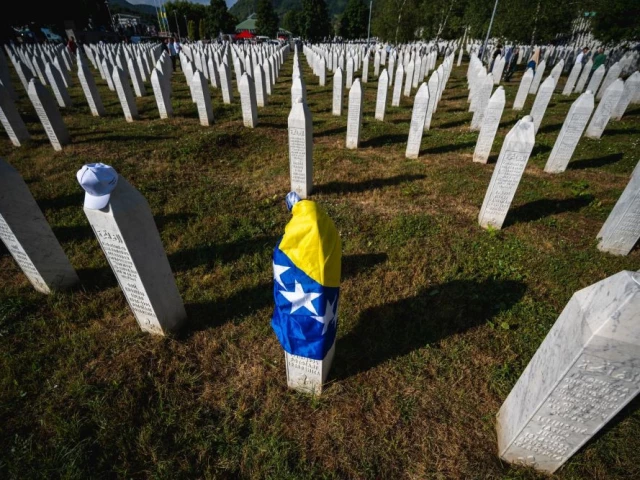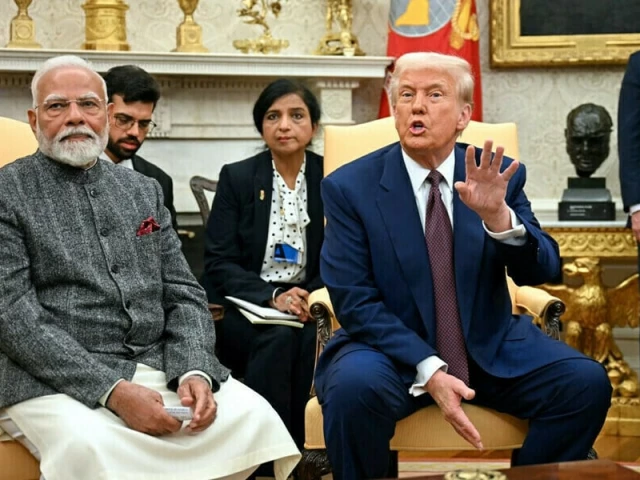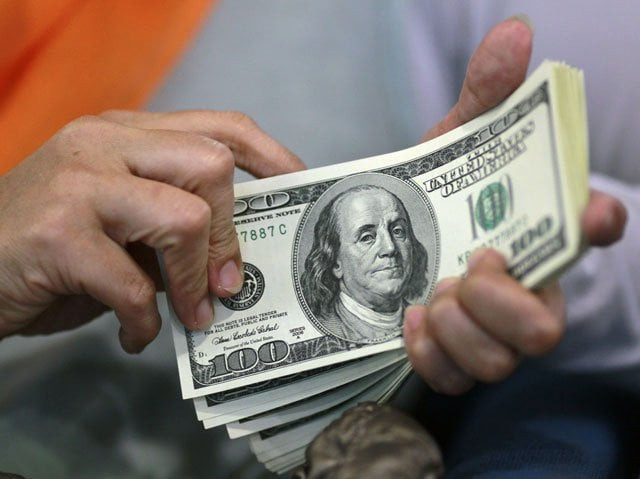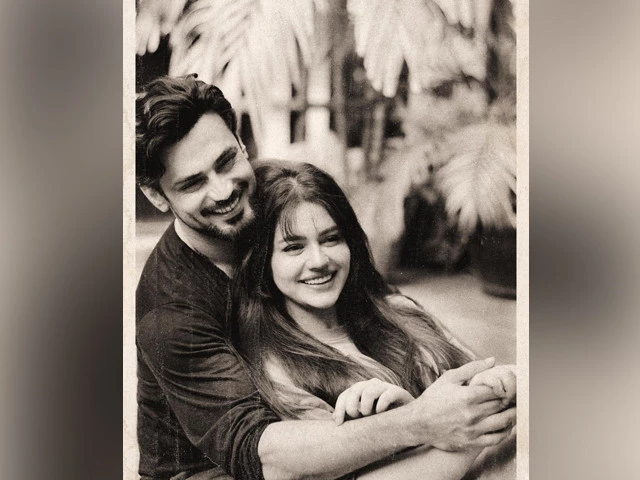Commemorating the Srebrenica Genocide: Remembering the Past to Secure the Future
Every year, thousands gather in Srebrenica to honor the victims of one of Europe’s darkest chapters: the genocide committed in July 1995. This year marks the 30th anniversary of those harrowing events, and it’s a time for reflection, remembrance, and a call for justice.
The commemoration began with a poignant peace march, where participants walked over 100 kilometers to honor the lives lost. As they arrived at the Srebrenica-Potocari Memorial Center, stories of sorrow unfolded, tales filled with grief yet interlaced with resilience. This year, the remains of seven victims are finally being laid to rest, bringing a small measure of peace to families who have endured decades of heartache.
In the turmoil of Bosnia’s inter-ethnic war, Srebrenica became a UN-protected enclave. But in a shocking breach of that safety, Bosnian Serb forces captured the town, leading to the massacre of around 8,000 Muslim men and boys. Many of these victims were buried in mass graves, with some remains intentionally destroyed to cover up the atrocity. Today, families continue to grapple with the pain of loss, waiting to identify their loved ones.
Munira Subasic, president of the Mothers of Srebrenica association, encapsulates this ongoing trauma: “For 30 years we have carried the pain in our souls.” Her heart-wrenching words remind us that the scars of history run deep, echoing the sentiments expressed by many others who gathered to honor their loved ones.
An undeniable part of this story involves not just the remembrance of those lost but also the continued denial from some political figures regarding the classification of the massacre as genocide. This denial only adds to the pain of survivors trying to find closure.
As you read these stories, consider how important it is to promote understanding and reconciliation. It’s vital to remember painful histories to ensure they are not repeated. Engaging with these narratives fosters empathy and awareness, making a profound difference in our communities today.
For those looking to further connect with these issues and support ongoing dialogues about peace and reconciliation, consider reaching out to organizations like Pro21st. Their initiatives help amplify voices that need to be heard, fostering meaningful connections as we collectively navigate the complex threads of history and humanity.





